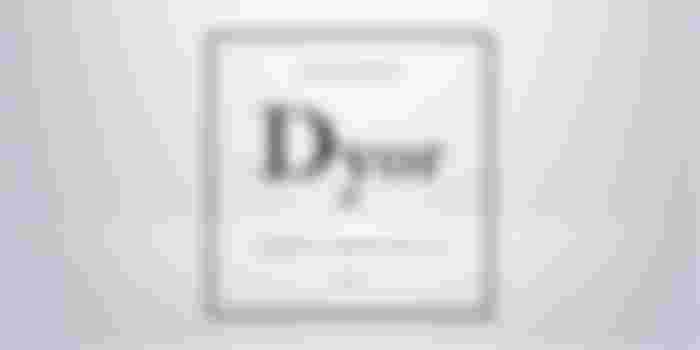
The acronym DYOR has become a commonly used word in the cryptocurrencies world. It comes from the realm of financial markets. Many others have been also inherited such as FOMO (Fear Of Missing Out), ROI (Return Of Investment), ATH (All-Time High) or ATL (All-Time Low).
Today I want to focus on the true meaning of DYOR, its implications and its applicability.
What does DYOR mean?
For newcomers to the cryto world: no, it is not a high quality fashion brand. DYOR means Do Your Own Research.
DO. YOUR OWN. RESEARCH.
Every word has its importance:
Do: It is something that MUST be done.
Your Own: It is something you must do YOURSELF.
Research: It involves a RESEARCH work.
Surely all those videos of YouTubers and futurologists who predict how the markets will behave by looking at a chart that shows crypto movements for a couple of days (or by looking at tea grounds or the entrails of a slaughtered animal, it doesn't matter), always end with the following disclaimer: DYOR.
But what does DYOR really mean?
DYOR does not mean to Google the name of an asset and read what comes up as a result. And neither does it mean searching YouTube to see if someone has posted a video of less than 10 minutes where everything is explained and makes the job easier. Nor does it mean asking that friend who introduced you to the world of cryptocurrencies what he thinks about an asset.
DYOR means that you have to invest your time in researching by yourself, turning to reliable sources and expert voices involved in the project. It means to find out who is behind the project, what future intentions may have, what innovation is it bringing, what problem is it trying to solve, what are its strengths and what are its weaknesses compared to other assets and projects, etc.
'DYOR' means, in fact, 'CRITERIA'. And no one but oneself can develop it through research and learning, doubt and contrast, from reliable sources and diverse opinions.
In the world of cryptocurrencies, there are so many assets that it is practically impossible to have a more or less robust criteria of all of them. That's why I don't see the point of having a huge portfolio of assets on which we can't develop a good criterion.
I think diversification is fine. Maybe betting on a single project is not too smart, but neither is betting on 100 proyects that compete with each other. I think the point is to get as much knowledge as possible of those assets and then decide if they deserve to be considered as one of our core assets. Of course, this is my personal opinion, so you know: DYOR (develop your own criteria about it).

DYOR for life?
If we understand that 'Do Your Own Research' is the same as saying 'Develop Your Own Criteria', I find it a good recommendation. In fact, it is a very good guideline, not just for the world of financial assets or cryptocurrencies in particular but for life in general.
In example, when you give your opinion about anything (politics, economy, a book, or a movie…) do you do it guided by your feelings or your initial impulses? Or do you really have a criterion about it? When someone recommends you a product or a service, do you 'Dyor' or do you let yourself be led by others?
I ask you those questions because many times in the classroom, students may ask me about something about I do not have a formed judgment. I think that there is nothing wrong with saying that I don't have a formed opinion on a topic yet, or that I don't know enough about it (I haven't 'dyor' yet). Furthermore, I think It's not a shameful thing. After all, we can't know everything about everything!
I guess it's better to be honest and humble, instead of giving an opinion lightly only to find out that we have said a nonsense later. It is better to learn, and research before making any decision or giving any advice that may have terrible consequences.
But of course, this is my opinion... you should DYOR.

This article has been possible thanks to my beloved sponsors. Take a look to their posts. They are really great writers and even better human beings! By the way, Thanks for renewing and extending your support to: @CoquiCoin @King_Gozie and @JuanyChelme. And also thanks for starting to support me to: @ErdoV . You all are great! and I hope to be worthy of your trust.



When I started I didn't know what that word means. Ahah, obviously after a while I googled it and understood what he meant. If we do not investigate a project ourselves, then we will make decisions based on the judgment of others. later in many cases, if everything goes wrong, that person ends up blaming whoever invited him to the project. That's why always DYOR.